CRI Resource: Last Call for Liberty
“ As fatigue falls on a community, the citizens are less inclined for that eternal vigilance which has been called the price of liberty; and they prefer to arm only one single sentinel to watch the city while they sleep.” – G. K. Chesterton, The Everlasting Man
Yes, Hank! With today’s mounting threats to our hard-earned freedoms, we cannot entrust our fate to a single sentinel. Please use my gift to continue equipping a virtual army of sentinels to both watch and protect our freedoms now assaulted on multiple fronts.
Please send me:
Description
Description
Last Call for Liberty — Os Guinness
“If you care about the future of America – no matter where you are on the political spectrum – then do yourself a favor and read this book.”
– John Brandon, former vice president for Apple, Inc.
“It will be a tragedy of inestimable proportions for the American people if that great nation eats its own legendary commitment to freedom from within. Equally, to lose the leadership of the world’s most powerful champion of liberty would be truly dangerous for non-Americans everywhere in these increasingly unsettled times. Os Guinness has gifted us magnificently with the insights and understanding of a lifetime in this book, which really needs to be read – urgently – across the length and breadth of the world.”
– John Anderson, deputy prime minister of Australia, 1999–2005
From the cover…
The hour is critical.
The American republic is suffering its gravest crisis since the Civil War. Conflicts, hostility, and incivility now threaten to tear the country apart. Competing visions have led to a dangerous moment of cultural self-destruction. This is no longer politics as usual, but an era of political warfare where our enemies are not foreign adversaries, but our fellow citizens.
Yet the roots of the crisis are deeper than many realize. Os Guinness argues that we face a fundamental crisis of freedom, as America’s genius for freedom has become her Achilles’ heel. Our society’s conflicts are rooted in two rival views of freedom, one embodied in “1776” and the ideals of the American Revolution, and the other in “1789” and the ideals of the French Revolution. Once again America has become a house divided, and Americans must make up their minds as to which freedom to follow. Will the constitutional republic be restored or replaced?
This grand treatment of history, civics, and ethics in the Jewish and Christian traditions represents Guinness’s definitive exploration of the prospects for human freedom today. He calls for a national conversation on the nature of freedom and poses key questions for concerned citizens to consider.
In the tradition of Alexis de Toqueville, Guinness provides a visitor’s careful observation of the American experiment. Discover here a stirring vision for faithful citizenship and renewed responsibility, not only for the nation but also for a watching world.
Excerpts
Let us with caution indulge the supposition that morality can be maintained without religion. Whatever may be conceded to the influence of refined education on minds of peculiar structure, reason and experience both forbid us to expect that national morality can prevail in exclusion of religious principle. – George Washington, Farewell Address (1796)
————–
I should have loved freedom, I believe, at all times, but in the times in which we live I am ready to worship it. – Alexis de Toqueville, Democracy in America
————–
A despotism may almost be defined as a tired democracy. As fatigue falls on a community, the citizens are less inclined for that eternal vigilance which has truly been called the price of liberty; and they prefer to arm only one single sentinel to watch the city while they sleep. – G. K. Chesterton, The Everlasting Man
A debate about the future of the world…
Once again we find ourselves in times that try men’s soul and test the mettle of all convictions — and this time on the grandest scale of global affairs. The facts of our times are there for anyone to see. What matters are their meaning, the issues that they spawn, and the stakes that humanity is playing for as this generation makes its decisions and demonstrates them in its actions. Americans are debating on behalf of their own future, but Americans must never forget that today’s debate about America is also a debate about the future of the world.
————–
The uncharted waters of the human future
The task before America is plain. America must make clear what it now means by freedom, and which of the two visions it now chooses: 1776 and the classical liberal freedom of its founding, or 1789 and the Left/liberal freedom of today. Along with the gravity of its own internal crisis, America also faces a world on fire, the decline of Western civilization, a faltering search for a new world order, a slate of global problems that are unprecedented, and the unchartered waters of the human future troubled by such challenges as artificial superintelligence, singularity, and posthumanism. With such monumental items on the agenda, is America still prepared to shoulder its historic task on behalf of freedom, or is that a luxury it can no longer afford? Will the torch of freedom be handed to someone else or extinguished altogether?
————–
The Reign of Terror
France’s “Liberté, Egalité, Fraternité” ended in the Reign of Terror, the massacre of the Vendée, and dictatorship, while Marx’s “triumph of the proletariat” led to Stalin’s terror famines in Ukraine, the mass slaughter of Mao Zedong’s Cultural Revolution, and Pol Pot’s killing fields in Cambodia. Most recently, the world has watched appalled as the heady hopes of the Arab Springs spiraled down to the savage cataclysm of jihadi barbarism and brutality across the Middle East. And of course, many of the American founders owned their own chattel slaves even as they penned their stirring declarations about freedom. Once again Lincoln was both penetrating and more consistent: “He who would be no slave must consent to have no slave. Those who deny freedom to others, deserve it not for themselves.”
Reviews (0)
Only logged in customers who have purchased this product may leave a review.
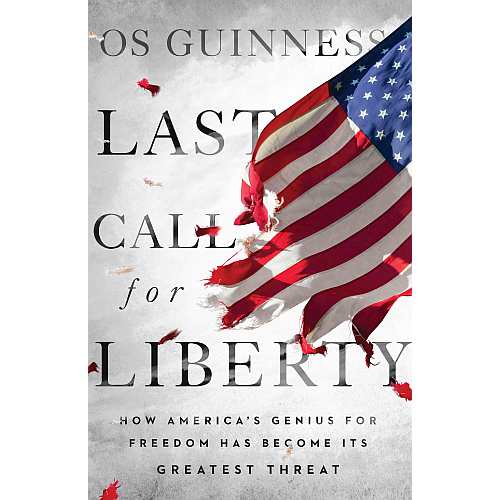
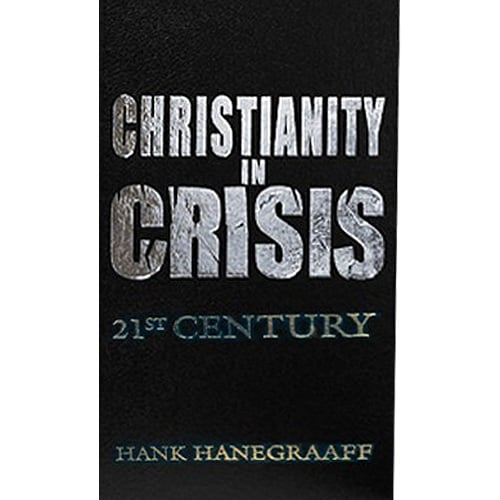
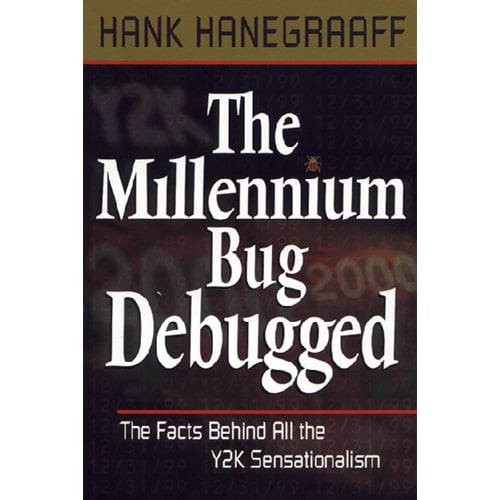
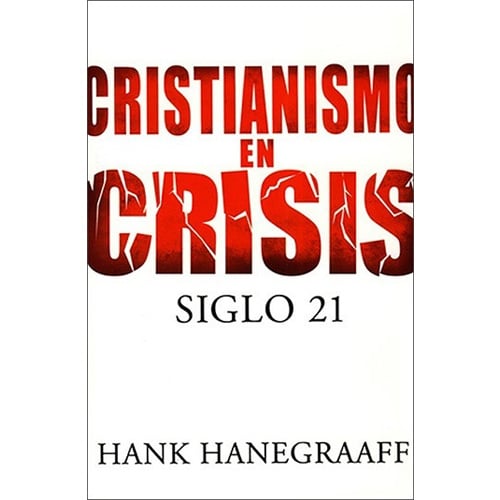
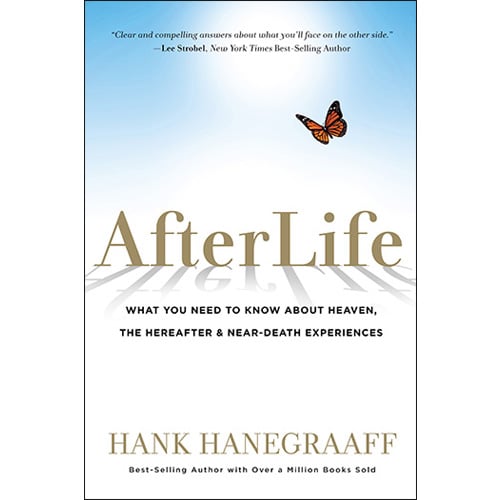
Reviews
There are no reviews yet.